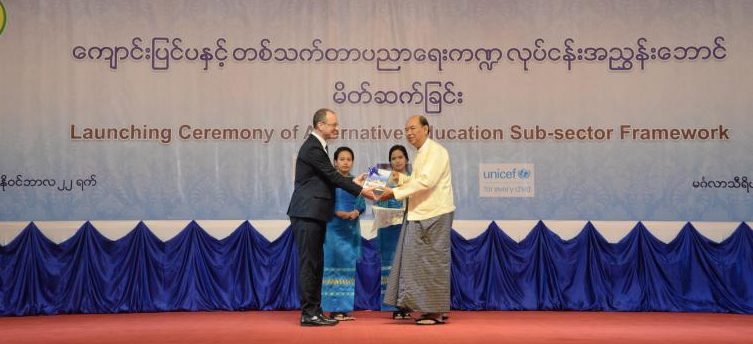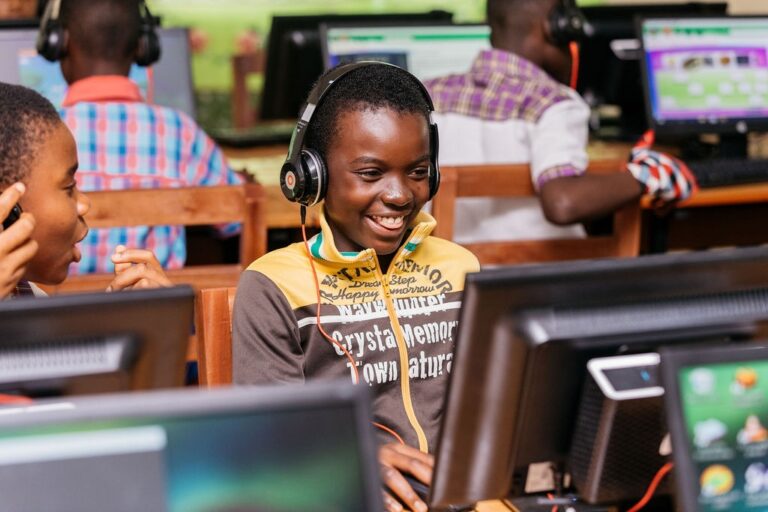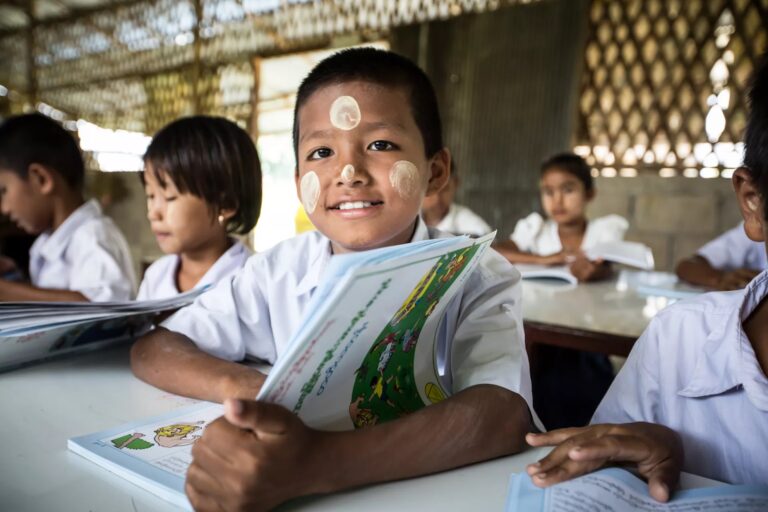Story Source: UNICEF ~ Go to Original Article
Today, Myanmar launched the country’s first-ever Alternative Education Subsector [Policy] Framework that will guide the design and implementation of alternative education initiatives for out-of-school children.
In his opening address Deputy Minister, U Win Maw Tun, said, “This strategy is in line with the Ministry of Education’s policy of ‘leaving no child behind’ and will also help the nation achieve its goals under the Myanmar Sustainable Development Plan (MSDP) and the National Education Strategic Plan (2016-2021).” The framework builds on initiatives implemented over the past three years. So far, the country has over 17,000 non-formal primary and non-formal middle education learners as well more than 50,000 adult literacy learners………………


![[Preliminary Report] CRNA Collaborative Research for Exploring Factors Nurturing"Happy and Resilient" Children among Asian Countries](https://test.equity-ed.net/wp-content/uploads/2024/09/1725672182698.jpg)
